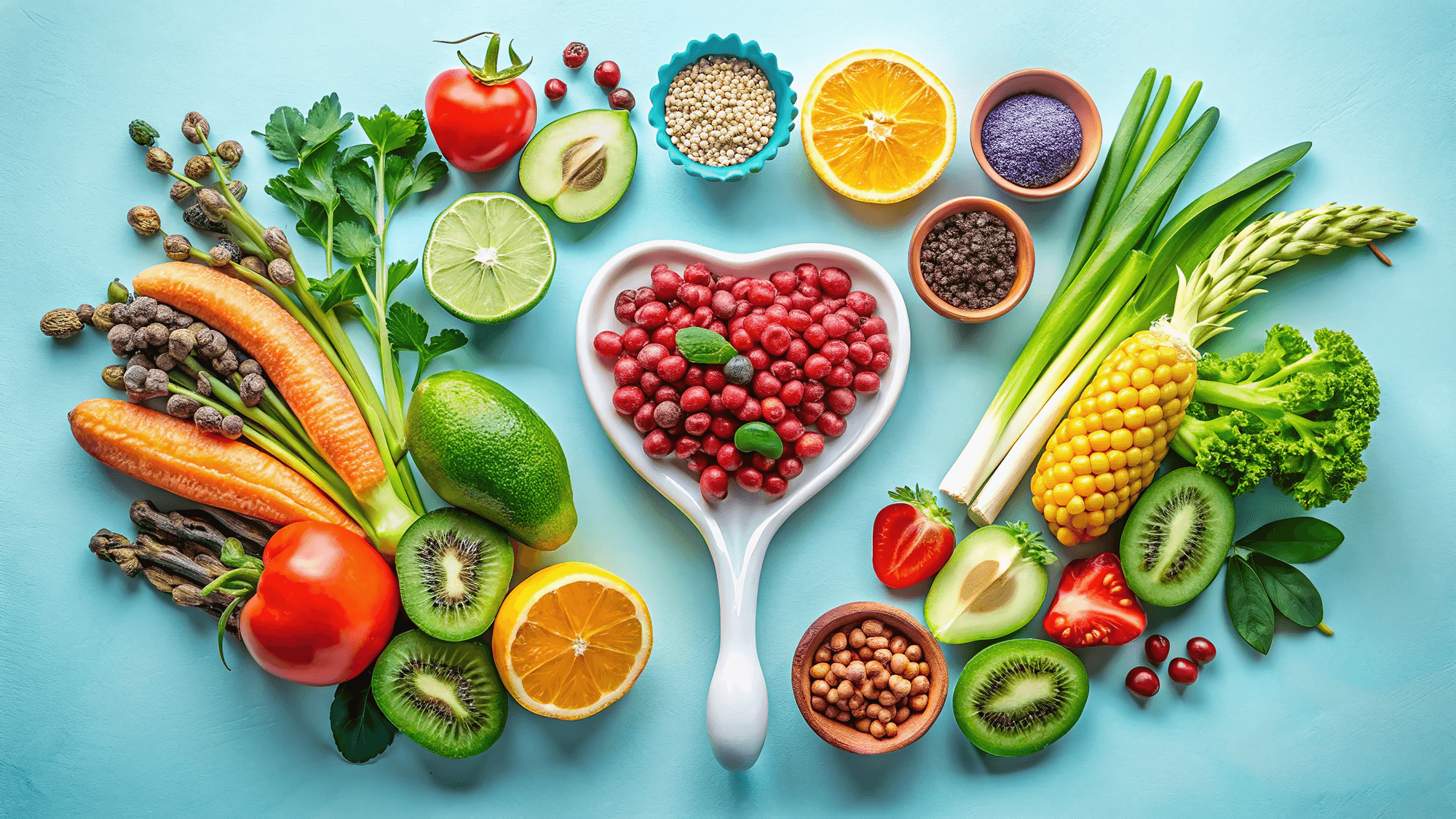If you’ve been diagnosed with PCOS (polycystic ovary syndrome), you’ve probably heard a million suggestions about what you should be eating. But here’s the truth: there is no one-size-fits-all diet for managing PCOS. That’s exactly why working with a health professional who understands the condition—and you—is key.
Let’s break down why nutrition matters so much when you’re living with PCOS, and what practical steps you can take to support your body naturally.
Polcystic Ovary Syndrome and Lifestyle: The Evidence Backs It
Interestingly, research has shown that lifestyle interventions—including dietary changes and physical activity—can actually be more effective than medication in managing PCOS symptoms. One study even found that women who undertook a lifestyle intervention had higher pregnancy rates, greater reductions in waist circumference, and improvements in hormonal profiles.
If you’re struggling with insulin resistance, weight gain, or symptoms like unwanted hair growth or irregular periods, these changes can be life-changing.
Insulin Resistance: What It Means for You
Up to 85% of women with PCOS experience some degree of insulin resistance—and this includes women in both larger and smaller bodies. It’s a common myth that you need to be overweight to have PCOS. You don’t.
So what’s going on?
When you eat carbohydrates, your body breaks them down into glucose, which is a type of sugar. That glucose enters your bloodstream, triggering your body to release insulin to move the sugar into your cells for energy. But with insulin resistance, this process doesn’t work properly. Your cells become sluggish at responding to insulin, so your body keeps producing more and more of it.
Over time, that can worsen hormonal imbalances and lead to complications like type 2 diabetes.
Carbohydrates: Don’t Ditch Them—Just Choose Them Wisely
Carbs aren’t the enemy. But the type of carbohydrates you eat makes a big difference.
Opting for low-GI (glycaemic index) foods means your body breaks down sugars more slowly, preventing blood sugar spikes and keeping insulin levels steady. Some smart swaps include:
- White jasmine rice → brown basmati rice
- White bread → sourdough or a seeded wholemeal loaf
- Breadsticks or crackers → a small handful of nuts and seeds
- White potato → sweet potato
- Chocolate bar → hot chocolate made with milk (the protein slows down sugar release)
Eat the Rainbow: The Mediterranean Diet and Inflammation
PCOS is increasingly being recognised as an inflammatory condition, which is where the Mediterranean diet comes in. It’s naturally anti-inflammatory, and packed with nutrients that support hormonal balance.
Think:
- Colourful fruits and vegetables
- Legumes and pulses
- Oily fish rich in omega-3s
- Extra virgin olive oil
- Wholegrains and nuts
It’s delicious, and it’s not about restriction—it’s about giving your body what it needs to thrive.
Exercise: Don’t Fear the Weights
Let’s debunk a common PCOS myth—lifting weights does not raise testosterone to unhealthy levels. In fact, resistance training is strongly encouraged.
Regular exercise helps improve insulin sensitivity, supports mood and energy levels, and reduces abdominal fat. Public health guidelines recommend 150 minutes of moderate activity per week, plus strength training twice a week—and that’s true for all of us, PCOS or not.
What About Supplements for Polycystic Ovary Syndrome?
Some people struggle with medications like Metformin. That’s where supplements may come in, such as:
- Inositol: Emerging research suggests it may be as effective as Metformin in improving insulin sensitivity—and better tolerated.
- Zinc: Linked to reduced hair loss and improved glucose metabolism.
- Cinnamon: Can help stabilise blood sugar when added to foods like porridge or herbal teas.
- Vitamin D: Deficiency is common in PCOS and linked to insulin resistance. Get your levels checked regularly and supplement if needed.
- Spearmint tea: Not peppermint! One study showed that drinking 2 cups a day can reduce excess hair growth, and another study demonstrated 2 cups of spearmint during the follicular phase of the menstrual cycle, reduced testosterone levels.
- Flaxseed: About 30g daily, especially during the luteal phase of your cycle, may improve your hormone profile.
- Omega-3s: If you’re not eating oily fish, a good-quality supplement is a smart choice.
- Walnuts: These can help raise SHBG (sex hormone-binding globulin), which in turn helps lower free testosterone.
And What If You’ve Got IBS Too?
It’s not uncommon for women with PCOS to also have IBS-like symptoms, such as bloating, abdominal pain, or irregular bowel habits. The overlap is tricky, and it’s why a personalised nutrition plan really comes into its own.
Florence Rowe, here at Essex Private Doctors can guide you through a low FODMAP diet, if appropriate, to help identify trigger foods and improve your gut health alongside your PCOS management.
A Whole-Body, Whole-Person Approach
Managing PCOS isn’t about perfection or punishment. It’s about supporting your body with the tools it needs—and that starts with understanding your individual metabolism, hormones, and lifestyle.
At Essex Private Doctors, our registered dietitian, Florence Rowe, offers tailored support that goes far beyond food. From hormone-balancing nutrition to gut health, emotional eating and metabolic testing, we’ll create a plan that works with your body, not against it. Book an appointment today.





